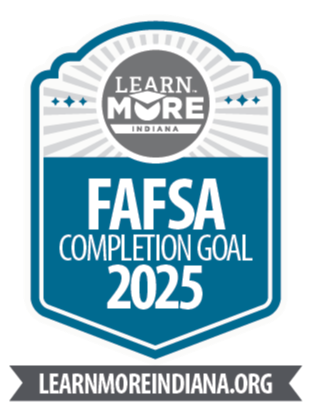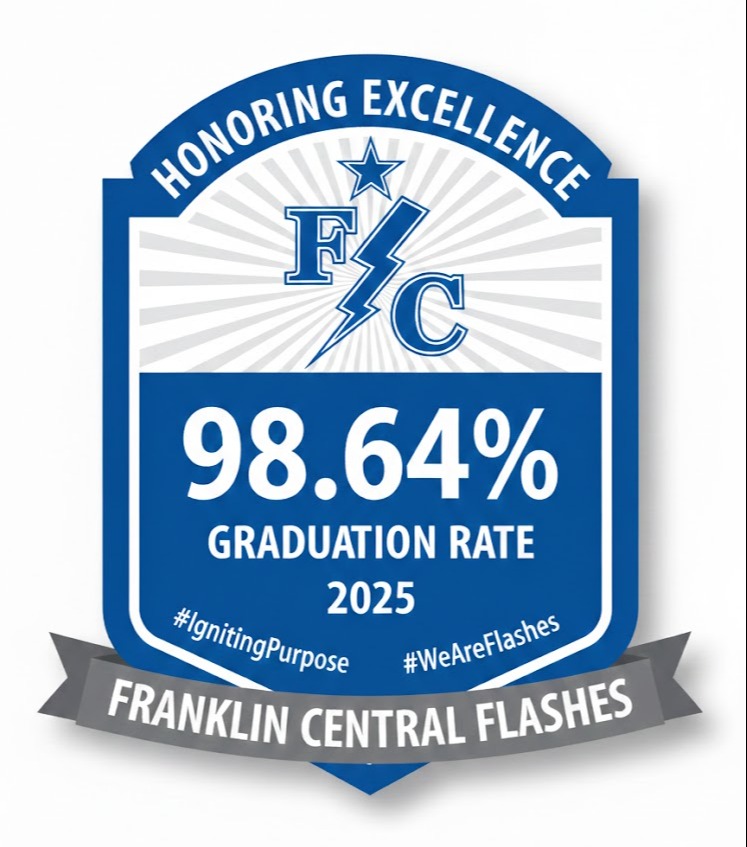End of Gallery

The Franklin Flash
Spotlight
I love Acton and FTCSC because it truly feels like family—there’s a strong sense of care and connection in everything we do. The support from my administration is unwavering, making it easy to grow and thrive professionally. Most of all, my amazing kindergarten students ...
FTCSC is a large school district that feels like a small family. The schools strive for excellence in the classroom, while taking a hands-on approach to offer the best for the students. The school district also offers many extracurricular activities where students can ...
During my thirty years at Franklin Central High School, I have been uplifted by the tremendous academic talent, service-minded focus, and diversity of our growing student-population! Teaching here is a joy! Keep shining, Flashes! ⚡
After spending 5th-12th grades in Franklin Township, I came into college feeling prepared - not just academically but socially as well. Along the way, I made fantastic memories inside of and outside of the classroom. Now that I have a career in Indianapolis, I try and ...
As a lifelong member of the Franklin Township community—and a proud parent, educator, and administrator—I truly can’t imagine a better place to raise my family or serve others. I'm incredibly proud of the traditions that make our community special, as well as our ...
I did not grow up in Franklin Township, but having 2 sons attend FTCSC, I was quickly embraced by the #WeAreFlashes mentality. Our community is like none other in its pride of our schools and all that they help our students accomplish both inside the classroom and ...
My time at Franklin Central was truly an incredible experience. There were countless opportunities to get involved and connect with people in the community, academically and athletically, this made my transition to college much smoother. The ability to engage in ...
“Today, I lead operations, corporate outreach, and student coursework for The Data Mine in Indianapolis—an experiential, living-learning community focused on data science training through industry-sponsored projects. My role bridges academia and ...

























